
26 minute read
Nature grieves
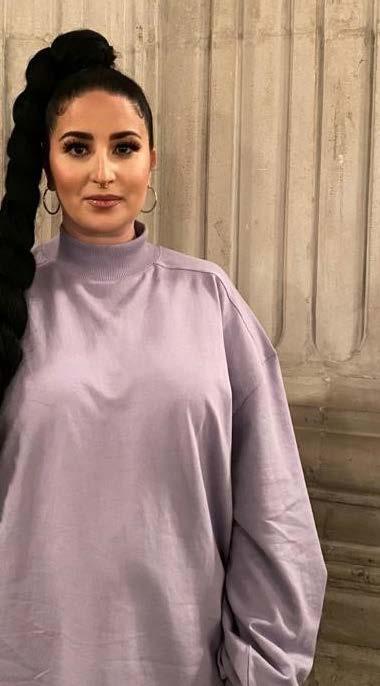
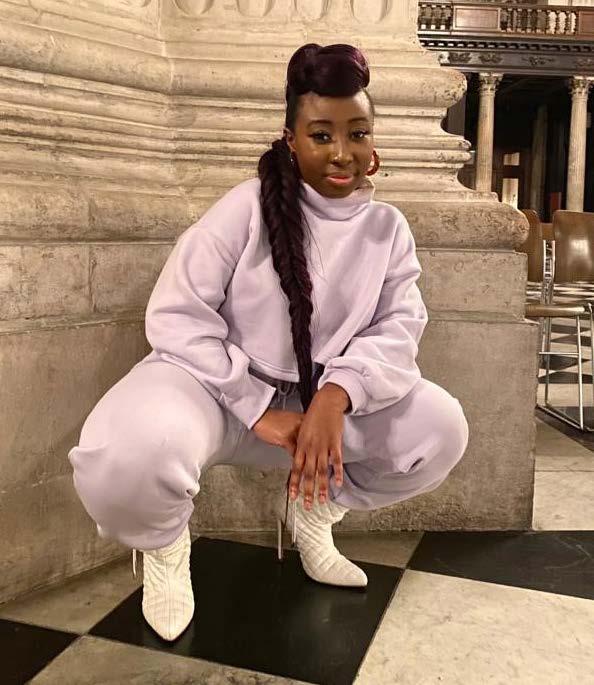
Advertisement
think outside the normal scope of any other stylist I’ve met, and pay great attention to detail so nothing goes unnoticed or unchecked. I think it’s important to choose the right stylist, and I chose to have you on board because of your expansive creative intuition. I feel like I learn something new every time we work together.
What artists inspire you, and why?
Takashi Murakami, Axel Vervoordt, Zaha Hadid and Hans Zimmer. Apart from Hans Zimmer, the other artists aren’t musical, and I’ve done that on purpose mainly because of where my creative thoughts are at the moment. These artists move me because they create in a way that goes beyond reality into other realms that can only be realised in the genius of their minds.
For both projects you have either narrated or played an instrument. Will we ever hear you sing?
Lol, I get asked this question all the time! We’ll have to wait and see.
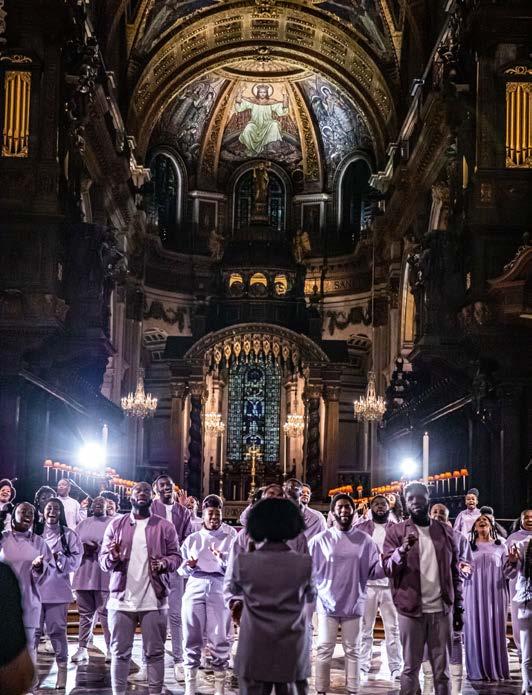
What’s coming next?
We have just released The Black History Project EP on all digital platforms, so please check it out!
For more info on Junior Garr & The Spirituals Choir, go to: http://juniorgarr.com/ https://www.instagram.com/juniorgarr/?hl=en https://www.instagram.com/thespiritualsmusic/?hl=en For more info on Jeanette Young Stylist, go to: https://www.instagram.com/jeanetteyoungstylist/?hl=en
by Melissa Agbonlahor
Drop by drop, the raindrops drop, serene, calm, my mind weaves a tale. Unknown to man, unknown to you. Nature sings, nature breathes, she sighs, grieves. But alas, can you hear her scream, deep inside?
Sleep, close your eyes. Let your mind be consoled by nature’s hymns: Soft, calm, raindrops jump up and down. A, b, c, d. Those raindrops amidst the bird’s harmonious dance have struck the wrong chord!
That twig snaps! Those leaves rustle! That bulldozer shrieks! This bomb explodes! Those tears fall whilst vengeance calls. Those pebbles fly right. Tornadoes soar left. Those eyes well up with a puddle of tears. That grin beams.
Injustice swirls round and round. A, c, b. Agony tilts the ground. Sense runs out of time, no! Justice loses her mind as the daggers of avarice sow those lines... The cloak of despair has become heavy. It reddens with the guilt of a nation. 3, 2, 1.
That arrow pierces the bystander’s soul. Mercy, pleas or justice, choose your role. As the mind begins to listen, as the mind begins to know, feel your conscience burn. Yes! Nature knows. The dove of peace swirls around and around.
The violin of humanity sinks, she drowns. In the sea of inequality. In the stream of realpolitik. In the ocean of conscience. In the flood of injustice. The drop of hope. And as the flute tunes the end of this unequal tale, as the nightingale chirps the final cast…
The curtains of this drama folds. And once again, conscience asks. Drop by drop, the raindrops drop. Nature sings, nature breathes. She sighs, she grieves. But can you hear her scream, deep inside?

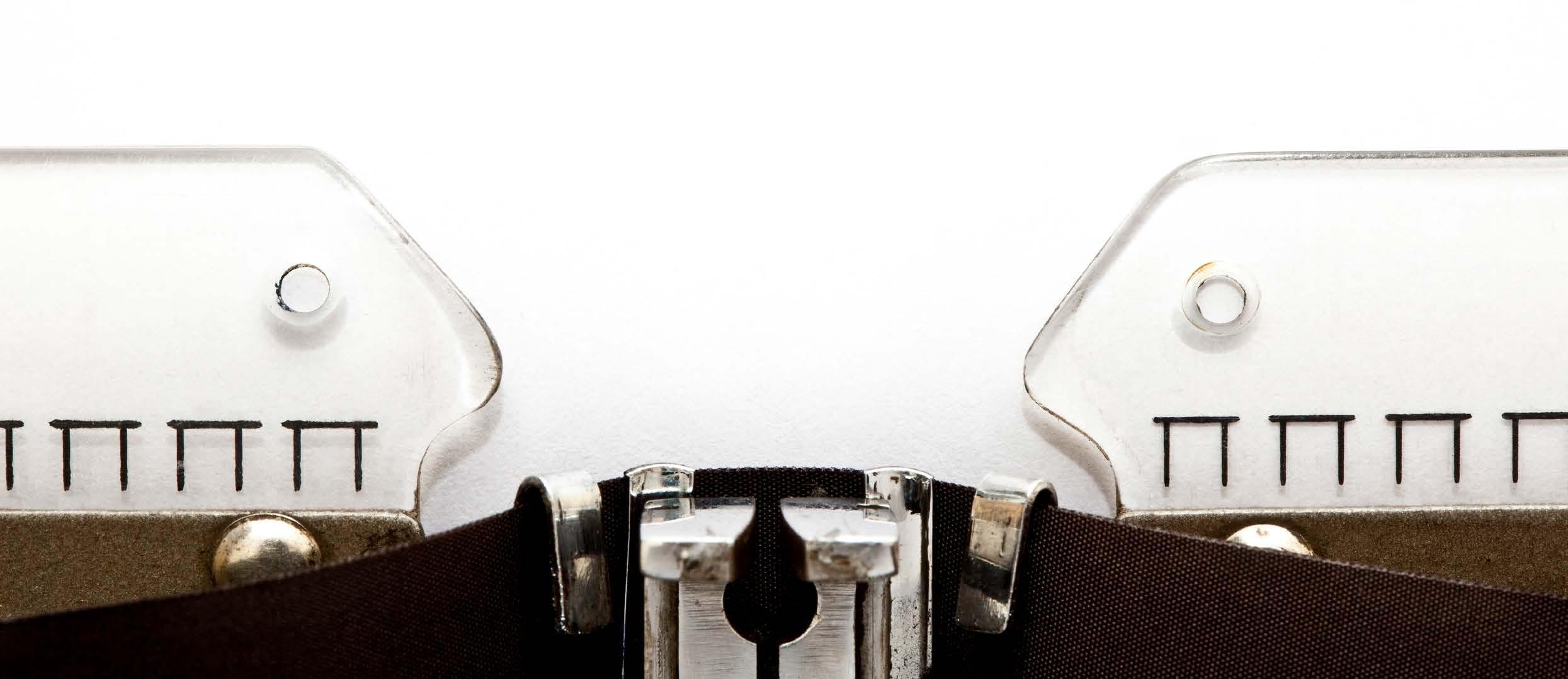
Rich Black History – Writing Historical Fiction
Vanessa Grossett
www.theauthorscare.co.uk
When it comes to featuring Black characters in historical fiction, we usually come across the characters in enslavement, or in some type of lowly position, especially in the medieval times.
Research and evidence, however, have shown there were Black people in history who were just as wealthy, and had equally high positions in the historical era as their White counterparts.
Take John Blanke, for example. He was one of the first recorded Africans in London, who served as trumpeter to Henry VII and Henry VIII in 1593. There was also Sarah Forbes Bonetta (1843-1880), whose native name was Omo’ba Aina. She was an Egbado princess of the Yoruba people, and was Queen Victoria’s goddaughter.
Recently there have been findings - in Sycamore Terrace, York, in 1901 - of the Ivory Bangle Lady, who was a high-status adult female of North African descent, and lived in York in the 4th Century AD.
There were also the ancient kings and queens in Africa, such as Queen Amina, who ruled in the mid-sixteenth century, and Queen Amanirenas, who defeated the Romans. And there are many, many more. With this vast evidence and research being carried out on wealthy Black people in history, programmes like Bridgerton and books like The Butterscotch Bride have become popular with audiences, as they are showing a different side to Black history, which isn’t always oppression. As Mutabaruka said: “Slavery is not African history. Slavery interrupted African history.” And it does not need to continue to interrupt Black history. There is such a great rich past, so why not show it off, and write about it?
If you decide to step into the world of historical fiction, here are three major tips that can help you with your novel.
1. You need to do thorough, thorough research. Yes, all writing requires research, but when you are writing historical fiction, you need to do a lot more. To some authors this can be a daunting task, as sometimes the information you need is not always readily available. The characters in your book need to dialogue as they would in whatever century you are writing about, and they need to dress in that particular century as well.
My advice would be not to solely rely on the Internet for your source of information. If you know someone who is a history buff then ask them, and also ask them to recommend books about that era that you can read. It’s good to talk to someone who knows a lot about the particular century you are writing about, as you can get more clarity that way. Finally, don’t be so hard on yourself if everything is not 100% accurate; that is why it is called fiction. Not everything in history was recorded, so sometimes you have to stretch your imagination - just as long as the majority of scenes are accurate, and you don’t reinvent history, then you can still have a great historical novel.
2. It is important, before you start constructing and writing your historical fiction novel, that you have an outline of the chapters. When writing contemporary, at times you can just write, but not with historical fiction. You have to bring your imagination back into the previous centuries: you have to think about what they would do in their century, and whether this character would behave that particular century, etc. The good thing is, as the Bible states, ‘There is nothing new under the sun’, so most likely behavioural attributes amongst people will be the same, except they would be expressed differently. Some of the place names will have changed too. For example, southern Egypt used to be Ancient Nubia, and the Ghana Empire was formerly known as Wagadou. You would have to name the places as they would have been called at that time, which is why it is so important to outline your chapters.
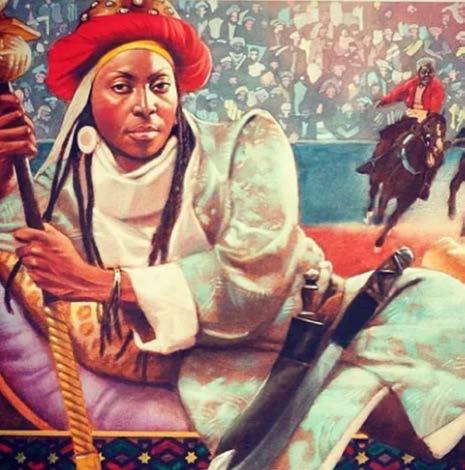
3. Stick to the time period. Once you have chosen the century, characters and places, stick to that time period. Yes, sometimes events in different time periods can overlap, but it is important to stick as closely to your chosen time period as possible, so that your audience does not get confused as well.
Happy writing.
Sweetbreads, Sweet bread & Sweetbread
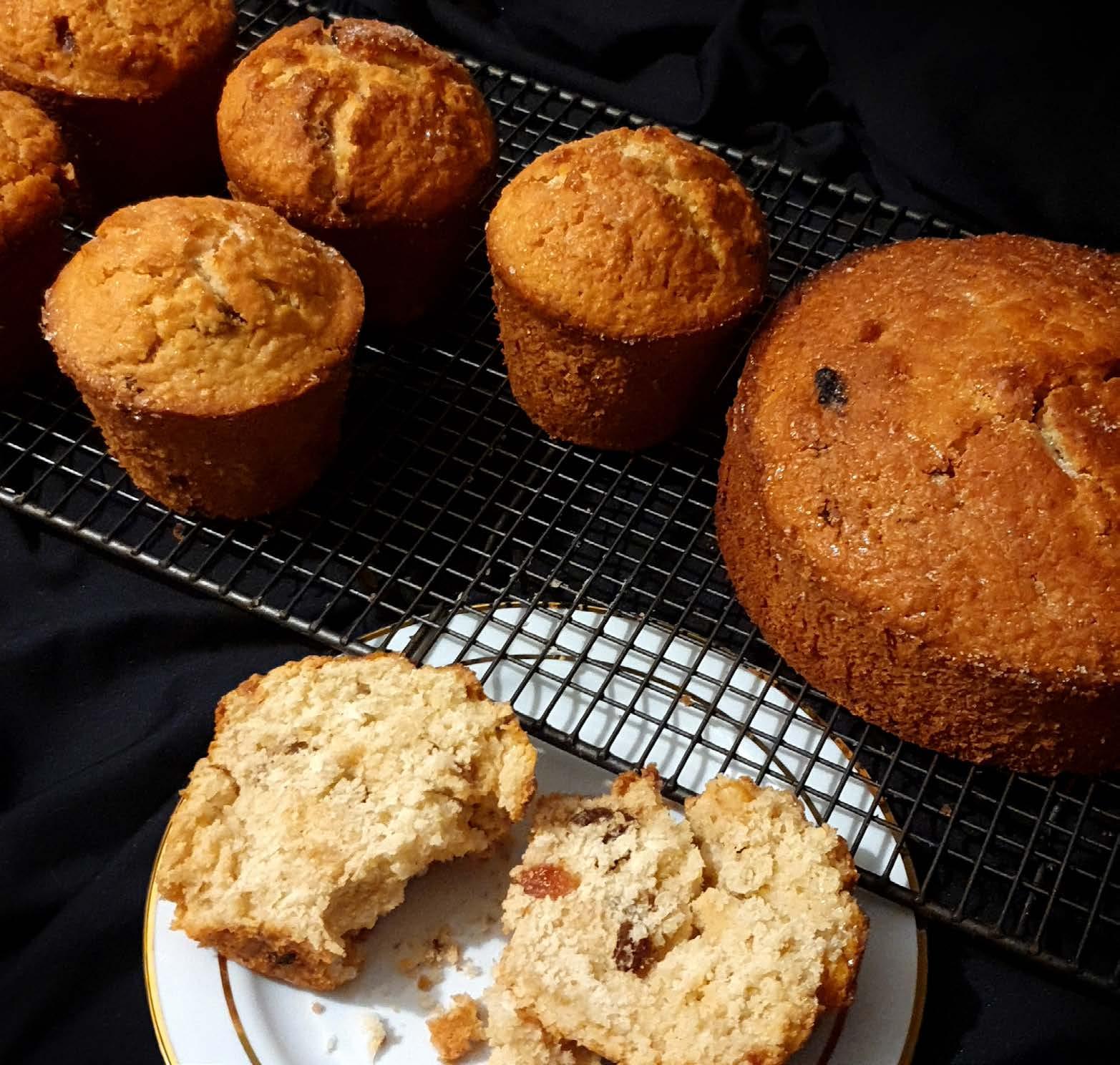
Shana Dawn Lewis has been a
qualified chef for over 25 years, and was the winner of the Wise Women Award 2021 in the Life Turnaround category
So much has happened in the world that has sent many of us into a spin (putting it mildly), and we have needed something to keep us going... So, aside from praying and reading our Bibles daily, there has been another satisfying daily constant in many a household this past year... baking!
Many of us have taken to baking to break up the daily routine of watching TV, home schooling, endless Zoom meetings and talking to the cat! Baking was filling a gap, as we were no longer able to do things that give us joy: coffee shop trips, lunch with friends… even leaving the house to commute to work.
This Easter, I have an easy but yummy traditional recipe for you that can be enjoyed all year around, but it just seems to taste extra special at Easter time. Before I give you the recipe, though, I want to tell you a quick and funny story of how I found out there is more than one type of ‘sweetbread’.
When I was at catering college, my chef tutor told the class that we would be working with sweetbread in our next lesson. Of course, I was excited they were going to be introducing some Caribbean cooking into our lesson. When I next returned to that lesson - still all very excited - I looked eagerly at the workstation that housed the ingredients we would be working with that day - similar to the ones listed below I would have thought. Instead, what I saw was a pale, pinkish-looking slab of flesh that looked like brains. I retched at the sight of it, and asked my chef tutor where the sweetbread was. He said: “You’re looking at it.” I looked back at it and asked: “But where’s the flour, coconut and mixed fruit?” He laughed at me and said: “You’re talking about sweetbread, from the Caribbean; this is sweetbreads, as in offal.”
That was the day I found out that there are: sweetbreads (plural), as in meat (animal pancreas); sweet bread, as in bread with sugar (brioche), and sweetbread (singular), as in a coconut and fruit bread!
So this is a recipe for sweetbread!
INGREDIENTS
24oz/680g plain flour 2 teaspoons baking powder 12oz/340g granulated sugar 2oz/60g cherries halved 4oz/125g mixed dry fruit 8oz/250g coconut* 1/4 teaspoon cinnamon, ground 1/4 teaspoons nutmeg, grated 1 egg, well-beaten 3/4 of a cup of milk 1 teaspoon of almond essence 80z/250g of butter, melted and cooled
(* I used dried coconut, so before starting I mixed the coconut and the milk together and let it soak for about 15 minutes to use later in the recipe.)
• Put the flour, nutmeg, cinnamon and baking powder into a large bowl. Mix all the dry ingredients together with your hand(s). You can use a mixer or spoon, but I like to use my hands to make sweetbread. • Add the mixed fruit, cherries and sugar – again, using your hand(s). • It gets really messy at this point, as you’re about to add the wet ingredients. Whisk the 2 eggs into the milk and coconut mixture, and add to the large bowl. Also add the melted butter, along with the almond essence, into the bowl with the dry ingredients. Roll your sleeves up and get stuck in, mixing with your hand(s) until all the ingredients are fully incorporated and you have soft, wet movable mixture in the bowl. • Preheat your oven to 325F/170C, and continue to mix the ingredients. • Now all you need to do is grease your tins of choice, and pour in the mixture – up to about 3/4 of the tin. I decided to use a round 7” tin and a 6-hole muffin tin to bake my sweetbread. Once your oven is ready, put both tins onto the middle rack and bake for about 60 minutes, or until you do the knife test. Insert a knife into the middle of the bread, and if it is clean when you remove it, the bread is cooked and ready to come out. If not, and there is still wet mixture on it, then leave it in the oven for a little longer and repeat the test until the knife comes out clean. • Make a glaze by mixing 1 tablespoon of warm water and 1 tablespoon of sugar, Brush the glaze over your sweetbread, sprinkle a little sugar over the top and put it back into the oven for about 5 minutes to crust over. • Remove from the tins and allow to cool down. Your sweetbread will crumble when you cut into it - no matter how sharp your knife is. This is very normal, and an indication you’ve done a good job!
Your sweetbread is now ready to serve. You can eat it just as it is or, for an extra touch of loveliness and indulgence, you can spread it with some butter. Oh yes, and don’t forget to share with other members of your household – neighbours, too. You can’t keep all that sweet goodness to yourself. It is Easter, after all!
In Solidarity with Aung San Suu Kyi
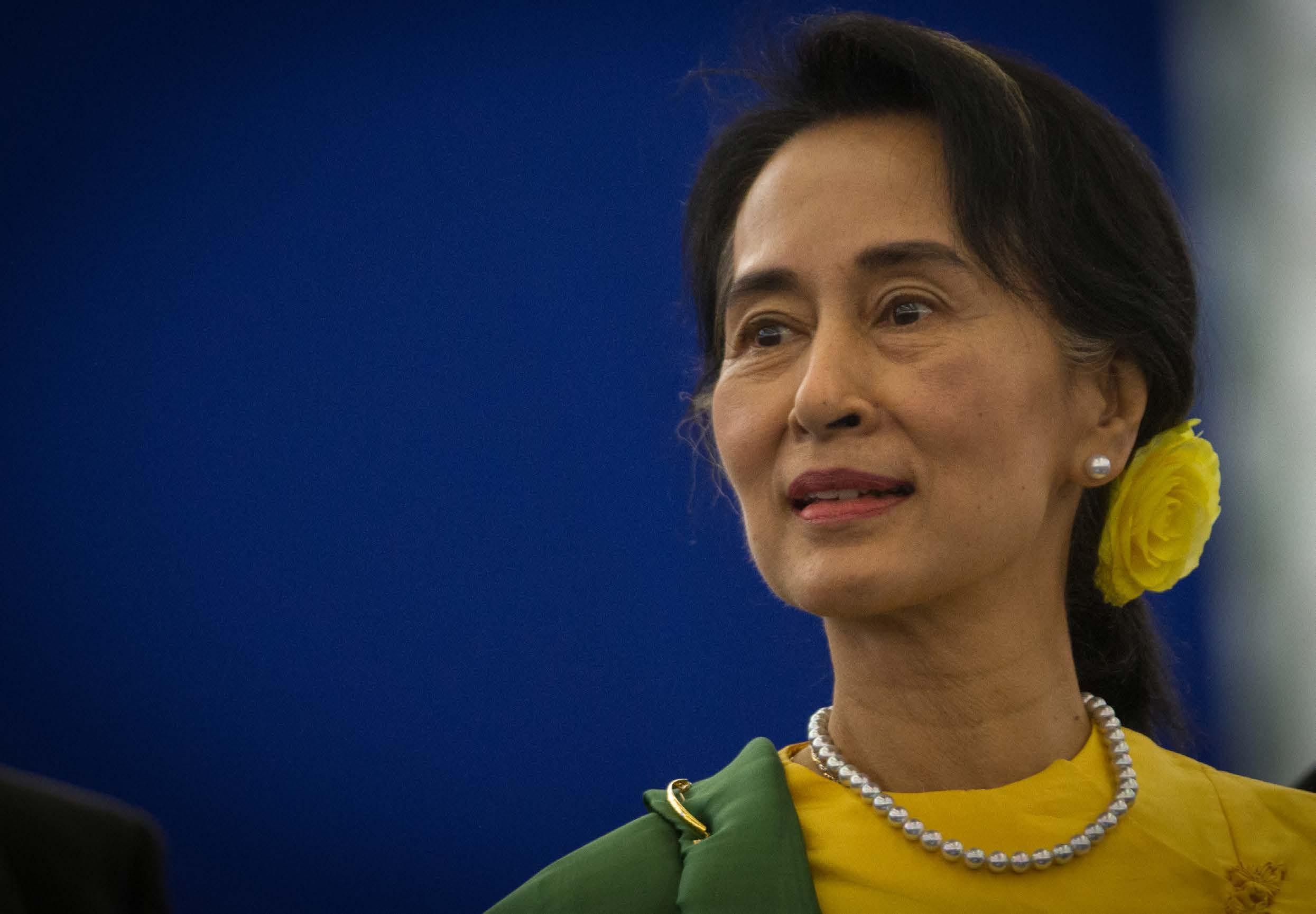
By Martins Agbonlahor
Martins is a journalist and author based in Manchester. His new novel, ‘Another Poor Cow – the Dangers of Tradition in Rural Nigeria’, is available in all online bookstores.
Iknew Aung San Suu Kyi by reputation - a woman of steel and noble qualities. That was in the early nineties, and I had just stumbled into the Penguin edition of Freedom from Fear, her captivating autobiography, which I read in one sitting.
Thenceforth, I stuck with her.
When her party, the National League for
Democracy, won in the 1990 elections, I was upbeat, singing her praises before my friends and extended family, but hardly had she made her acceptance speech when the military nullified her victory and, amid an international outcry, placed her under house arrest for a period of fifteen years. It was here she captured people’s minds: this international symbol of peaceful resistance, blessed with the power of conviction, of persuasion, as well as that pleasing quality the French would call je ne sais quoi. Released in 1995, she intensified her involvement in politics, with her party winning a landslide victory in the 2015 elections - a victory replicated in the 2018 by-election.
Whereas she was to be president, she opted for the role of State Counsellor, a Prime
Ministerial role of sorts, where, in practice, she held dual allegiances: first, to the people who had voted massively for her, and then to the military with whom she shared power.
It is often said that the true test of a leader is not in holding the helm when the sea is calm, but in moments of turbulence. Aung San Suu Kyi’s regime was confronted with this dilemma when she refused to acknowledge that Myanmar’s military had taken part in the massacre of fellow citizens: the Rohingya people in the Rakhine State. What seemed to aggravate matters too, was that she actually went on to defend these allegations in the International Court of Justice. This singular event drew the ire of the international bodies that once supported her – and a blizzard of criticisms descended on her regime. This state of affairs took another disastrous turn just recently, February 1st, when a section of the ever-lurking military - seeking an avenue for relevance - bared their bloody fangs, placing my heroine once again under house arrest. The reason for the putsch had been blamed on “a series of inconsistencies” in the 2018 by-election. This, to me, is just an excuse, and I don’t think this piece of evidence can be subjected to a serious intellectual and logical interrogation, nor can it stand the test of civilised standard.
But if only this respectable woman had condemned the torture and genocide of the Rohingya people - or even resigned her position in the ensuing mêlée - that would have made a great difference and would have helped rekindle the faith we had in her. But alas, she was carried away by the allure of power, rubbing shoulders with the military brats who had once incarcerated her, and refusing to criticise their role in the gruesome crackdown of fellow citizens. In fact, her present predicament reminds me of the travails of Martin Niemoller, the Lutheran Pastor who only belatedly criticised Adolf Hitler when he realised that the Führer and his Nazi Party were hell-bent on destruction, brooking no opposition in the process. Imprisoned in one of the concentration camps for a period of seven years, he wrote a poignant poem, which seemed to appeal to our consciences, instructing us not to be neutral in situations of injustice, and underlining the need for us to be each other’s keeper in a world dominated by the wicked:
First they came for the Communists, and I did not speak out because I was not a Communist Then they came for the trade unionists, and I did not speak out because I was not a trade unionist Then they came for the Jews, and I did not speak out because I was not a Jew Finally, they came for me, and there was no one left to speak out.
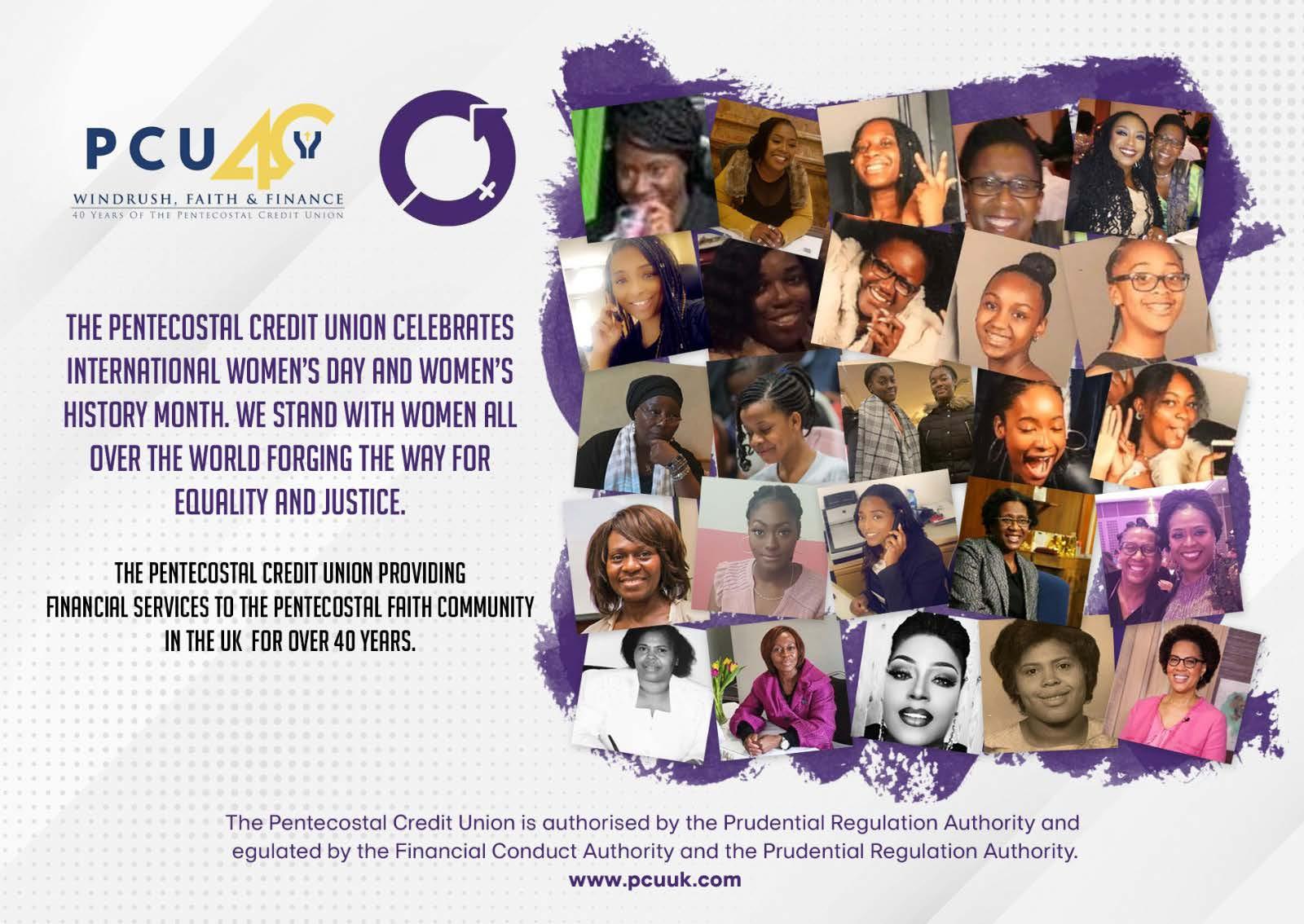
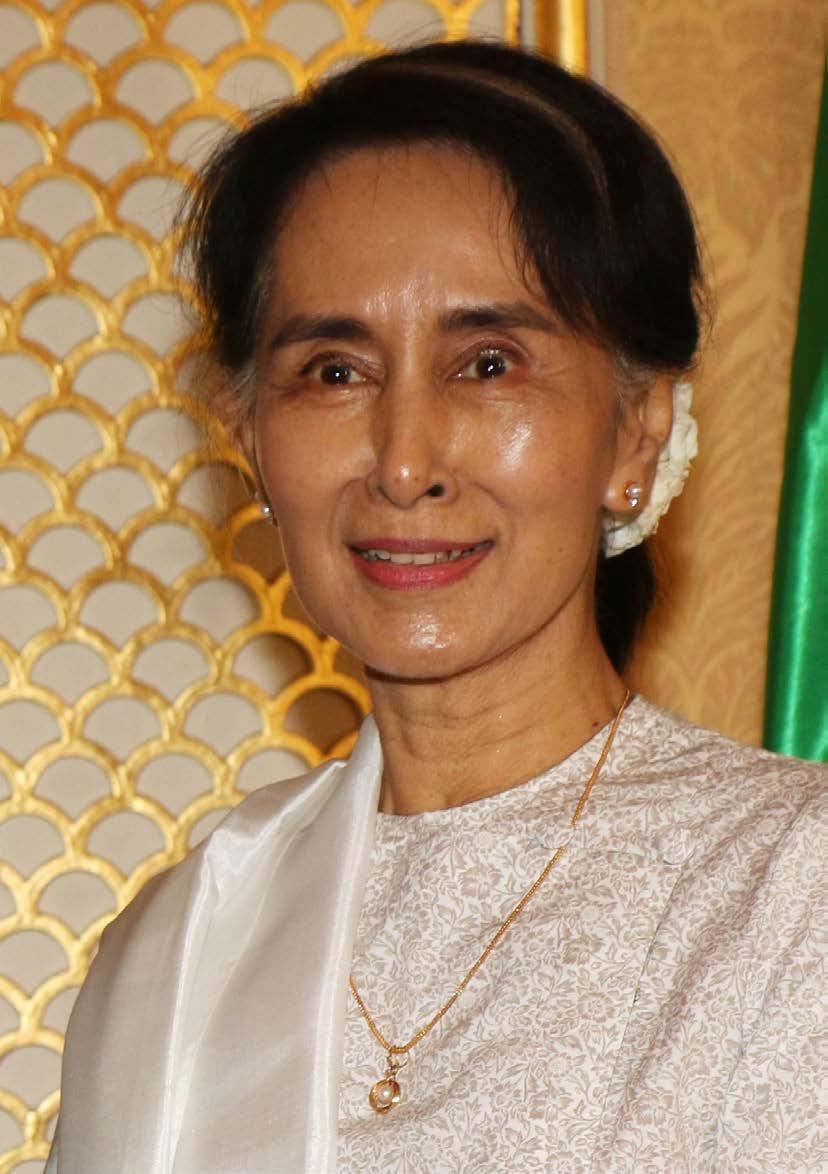
people – including the Western leaders – had of her. Her ascension to the head of the ruling National League for Democracy, and her inability to whip the ever-consistent Myanmar’s military into line, had somewhat become her albatross. While she is still extremely popular at home, her supporters abroad appear to have chosen not to be overtly supportive of her anymore, especially in regards to her recent statement of being ‘a politician and not a human right activist’ when the issue of the torture and dehumanisation of the Rohingya was again raised. In all fairness, I think people had expected too much from my heroine, choosing to forget that she is just human, prone to all frailties. This had also been the case with the late Nelson Mandela, who was viewed as a symbol of infallibility by his admirers - so much so that he had to personally prepare his coffee and make his own bed, to show that he was just a human being and not the iconic wonder-worker image the public had of him.
In this vein, let me crave the indulgence of all lovers of democracy, as well as European leaders, to do all within their powers to dislodge the present military takeover. Crippling sanctions and trade embargoes, which had previously been softened, should be reintroduced and the European assets of top army generals confiscated. While the coup plotters may want to suppress dissent, employing the use of guns and grenades, I urge the Myanmar people to continue to protest peacefully, employing all manners of civil disobedience, because when laws are made by criminals, decent people have to disobey them.
Aung San Suu Kyi’s experience with her country’s military shows that these powergrabbing khaki boys cannot be trusted with governance, for even though a democratic leader is not punched today doesn’t mean he or she will not be punched tomorrow. That is why the democratic world should aim towards having a polity, where the military is relegated to their proper place: the barracks. These guys are trained to protect countries from external aggression and not to rule. My country, Nigeria, is still reeling from the gross incompetence and maladministration of her military, especially the myopic, kleptocratic regime of General Ibrahim Badamosi Babangida, which corrupted democracy and democratised corruption, looting our treasury to the tune of $28 billion we had realised during the Gulf crisis of the nineties. Now, Nigeria’s the worse for it.
In conclusion, I see Myanmar going down the rabbit’s warren unless the international community comes to her aid. The military has already struck, so pontificating about Aung San Suu Kyi’s performance - or lack of it - will not help. Every delay to act establishes the illegality of the Myanmar military, and reinforces their jungle rule, jungle justice and jungle morality.

Hope

is on the horizon for you
For over 30 years, Mercy Ships has partnered with subSaharan African nations to tackle the huge injustice that is lack of access to healthcare in low-income countries. In fact, over 90% of people in this region of Africa cannot reach safe and affordable medical help for treatable and even terminal conditions when they need it.
For several years, the Africa Mercy hospital ship has been invited to provide over 100,000 free surgeries in many African countries, including Cameroon, the Republic of Congo, Ghana, Liberia, Madagascar and Senegal.
In the next chapter of this partnership, Mercy Ships will launch the world’s largest Christian charity hospital ship later this year. They will continue to work hand in hand with African medical teams, to leave a lasting legacy of training and strengthened hospitals. In fact, just last year, Mercy Ships trained over 800 African healthcare workers free of charge. The Global Mercy is the first and only purpose-built floating ‘training hospital’, which can be sent anywhere in the world.
As the pandemic continues, many people are taking an opportunity to reflect on their careers and purpose.
For some, this means choosing to offer their skills and give back to those less fortunate, helping to improve healthcare systems around the world by volunteering with Mercy Ships.
This global charity uses hospital ships to offer free worldclass medical care in developing nations, because 40% of the world’s population lives within 100 kilometres of a coastline. Whilst medically trained professionals are needed for the work, that is only half the story. It takes a wide variety of skills and professions to bring hope and healing to the poorest patients. And only half of the roles onboard are medical.
As well as performing thousands of surgeries, all free of charge, hundreds of Christian volunteers from all backgrounds provide training for local professionals so that healthcare systems are left stronger once the ship leaves port.
As Christians, we know that God calls us to tackle injustice in all its forms, and to show mercy to the poor and the sick. Jesus even said that when we visit the sick and feed the hungry, we are doing this for Him (Matthew 25). It is unacceptable that in 2021, many Africans are forced to suffer from painful and life-limiting medical conditions that are readily treatable in the UK. As a Mercy Ships volunteer, you could send ripples of love and mercy into the lives of families and brave patients across Africa.
One such family was Youma and her young son, Diacko, from Senegal. When Diacko was a baby, people in his village would stop his mother just to tell her how beautiful he was. But as he grew, his legs began to bow outward. Youma’s heart would break as the compliments her son used to receive became jeers and taunts. Learning to walk became increasingly difficult as every step made him wince with pain.
Despite knowing her little boy desperately needed surgery, there was no medical care in her village. Even if Youma travelled to a hospital, she could never afford the surgery Diacko needed.

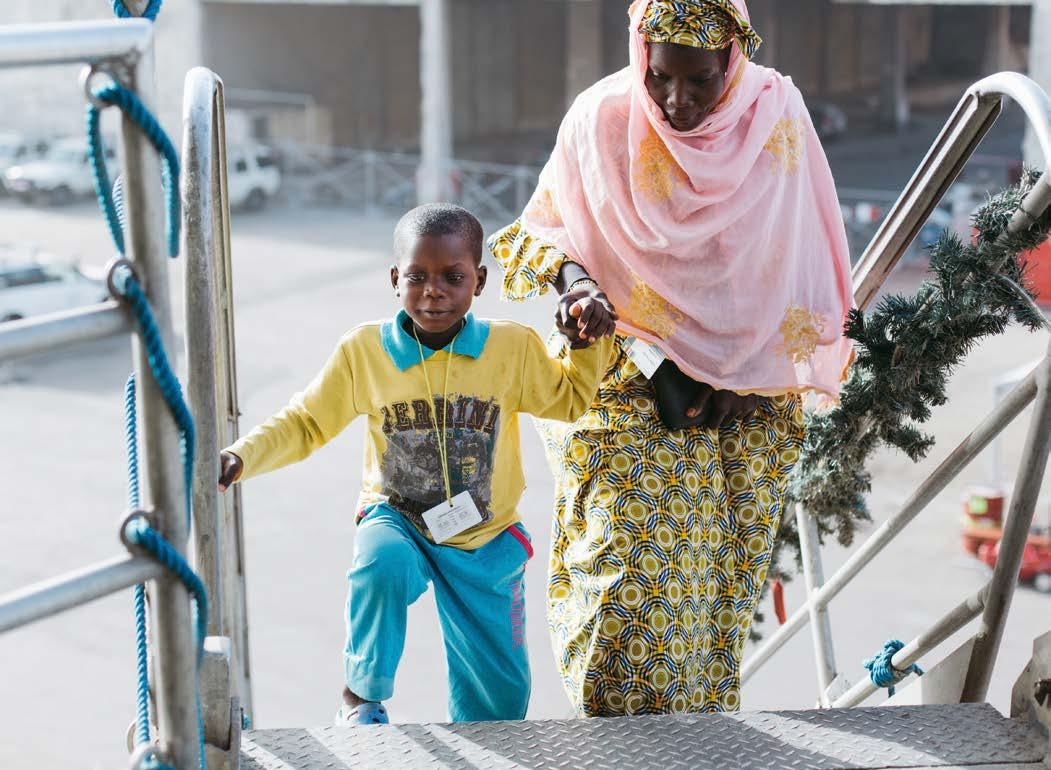

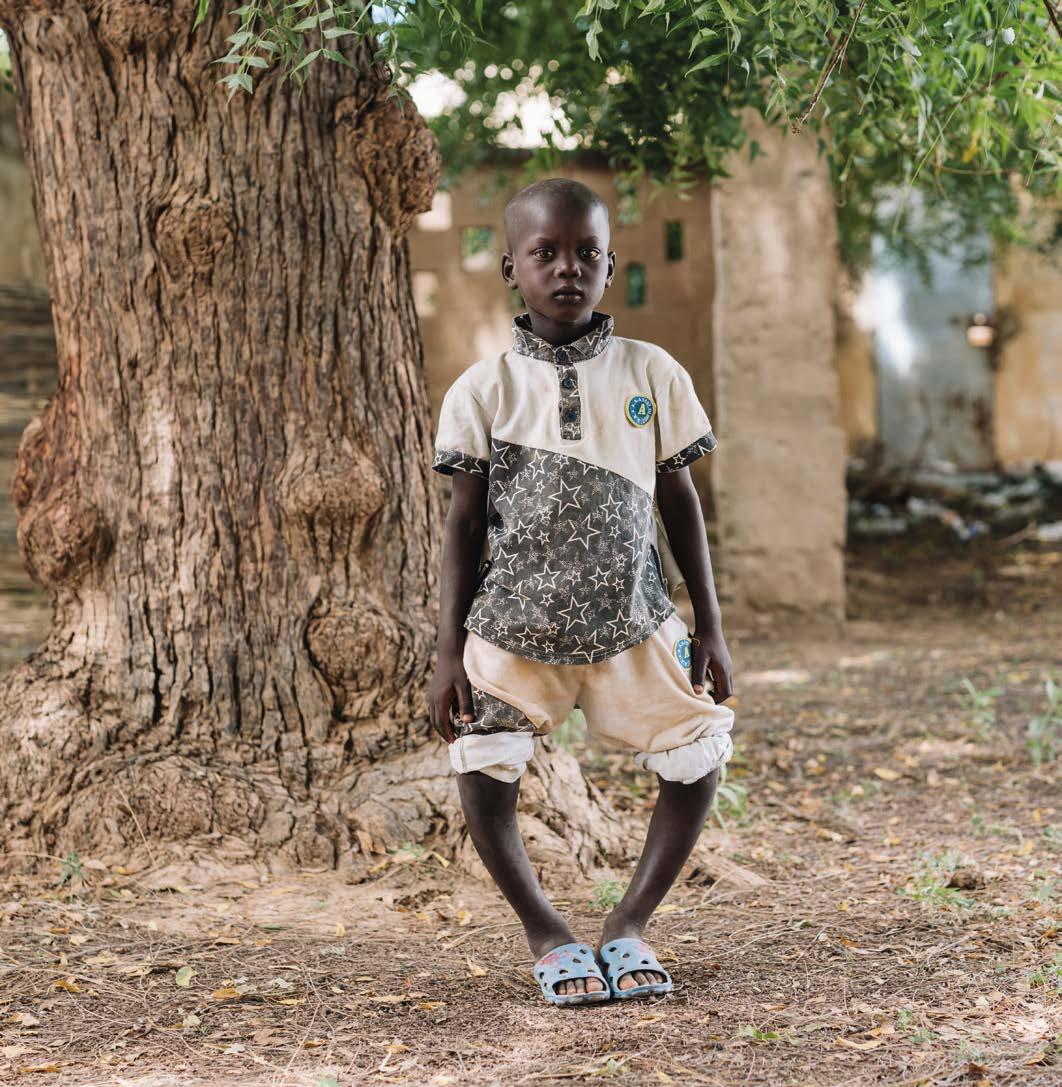
Diacko before surgery, and with his mother, stepping onboard the Africa Mercy.
This pandemic has given many of us the smallest glimpse of life without immediate, guaranteed access to healthcare when we need it. But for families like Diacko and Youma, there is no end in sight and, seemingly, no hope of accessible medical help on the horizon.
Youma feared Diacko would suffer in pain forever. “We didn’t have money,” she said. “So, I stayed home, waiting for something to arrive from God.”
Finally, her waiting was over and her prayers were answered. Youma and her family heard that Mercy Ships were arriving. As a nation deemed least equipped to deal with a pandemic, Senegal has fought a long and tiring battle with distinction over the past year. Mercy Ships has been providing PPE and other support for many months, and more recently, they have teams on the ground working alongside local medical professionals to identify hundreds of patients who are waiting for a life-changing surgery: Fathers hiding their
face behind a scarf because of a choking tumour; babies struggling to nurse because of cleft lips; mothers who can’t see their children because cataracts darken their eyes, and children, like Diacko, who can’t run and play, because their legs are bending beneath them.
2021 will be the year when hope returns
Hope is on the horizon for reunited friends and family, for thousands of patients waiting anxiously, and for strained medical teams in low-
income nations. As it says in Isaiah, ‘those who hope in the Lord will renew their strength. They will soar on wings like eagles; they will run and not grow weary; they will walk and not be faint’. Youma’s hope and prayers resulted in her son receiving a free surgery that changed the course of his life.
With the launch of the brand new teachinghospital ship, the Global Mercy, there are now more opportunities than ever to bring your talents and skills to bear and make a huge difference to many more children like Diacko. Whether you are a medical professional, or you work in IT or hospitality, there is a role for you with Mercy Ships.
Countless others like Diacko are still waiting for their healing and for hope to dawn on the horizon.
A unique experience to help make a difference could be on the horizon for you too.
To find out more and chat to someone about what volunteering involves and how it all works, just visit: www.mercyships.org.uk/beahero or call 01438 727 800.
Meet mum-of two Deolina, from Cabo Delgado in Mozambique. She is proud to call herself a Leprosy Changemaker. Deolina was cured of leprosy 15 years ago, after finding discoloured patches on her skin. Thankfully she remembered hearing a woman talk about the early signs of leprosy and went to find her. This kind and reassuring lady took her to hospital, where Deolina’s leprosy was diagnosed and cured. Deolina knows what a blessing it was to be cured quickly. If she hadn’t been treated, she could easily have developed a permanent disability. This would have put her livelihood as a farmer in jeopardy and with it the welfare of her family. Touched by the love and care she received, Deolina trained as a Leprosy Changemaker. This means she is able to recognise the early signs of leprosy and makes sure a person knows how to get the cure. She has made it her mission to walk with and encourage others affected by the disease.
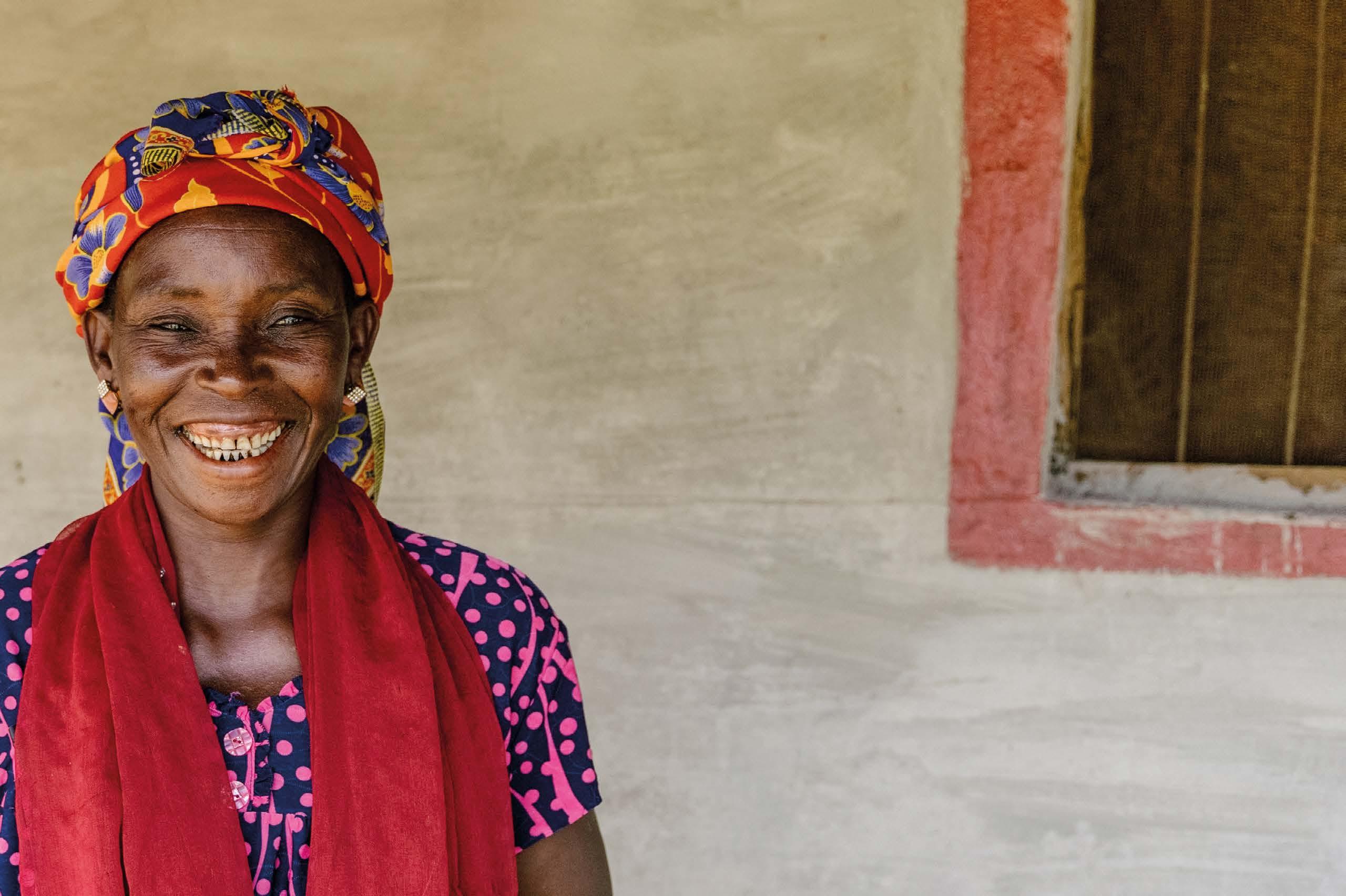
LIFE IN MOZAMBIQUE, THE SEVENTH MOST DEPRIVED NATION, IS TOUGH.
For too long, leprosy has torn lives apart. In rural Mozambique, healthcare is difficult to find and leprosy treatment is even more limited. Without prompt treatment leprosy can disable and even lead to blindness. Fear of the disease leads to prejudice and isolation. Too often, people with leprosy are thrown out of their communities and separated from the people they love. Leprosy takes everything from them. Their health, their opportunities, their family.
IT WAS TOO LATE FOR MARIO. YET HE WORKS TO ENSURE IT IS NOT TOO LATE FOR OTHERS.
Mario is a voice for change. In his 15 years of volunteering, Mario has reached out to hundreds of people with leprosy. His own experience of leprosy drives him to help other people seek early treatment. It was over 30 years ago that Mario found out that he had leprosy. “I found patches on my body and a wound,” he explained. At first, Mario’s family took him to a traditional healer in his village. He was given some herbal medicine, but it made no difference. By the time Mario got to a hospital, the wounds on his hands had already caused irreparable damage. It was too late. If he had sought medical help earlier, he would still have his fingers. Mario’s experiences have not made him bitter. In fact they have inspired him. He goes house to house in remote villages and holds meetings to raise awareness about leprosy. For many people living with the disease, it can be frightening to come forward for help. Mario offers words of encouragement and uses his own life as an example. His message is simple: “Don’t wait to get treatment.”
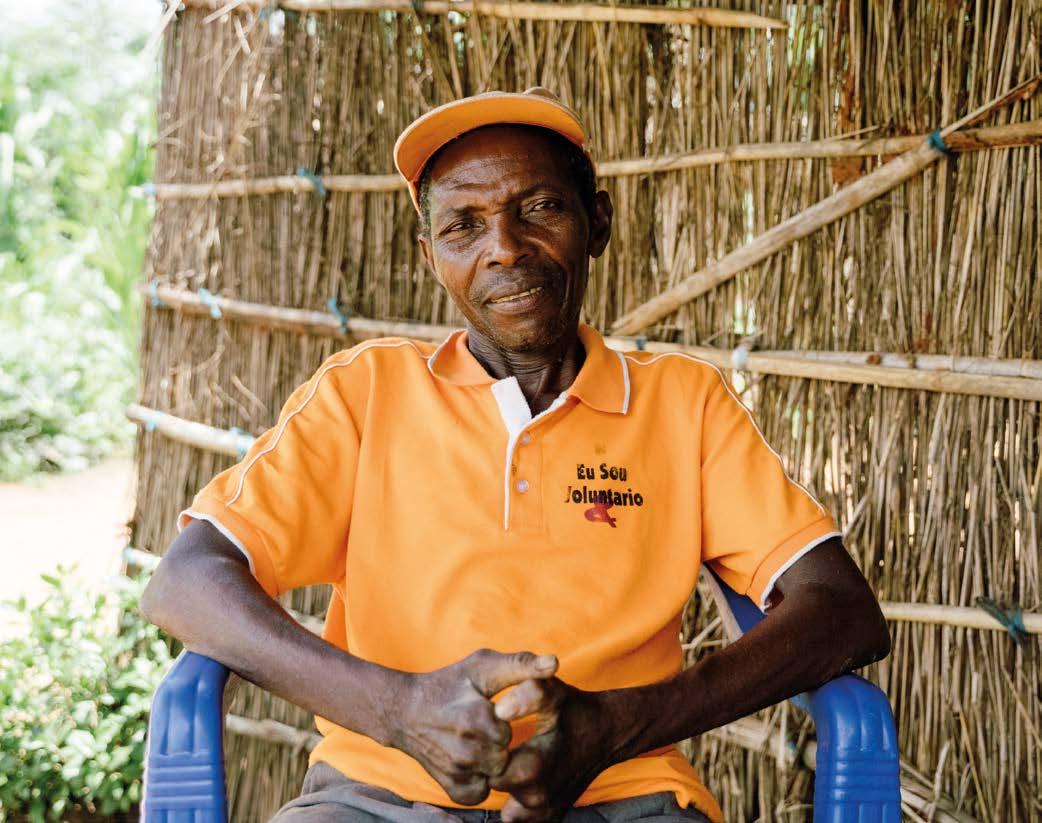
‘WE LOVE BECAUSE HE FIRST LOVED US.’
Your support for The Unconditional Appeal will build community hubs, giving a beating heart to a rural village. A community hub, a Hub of Hope, is a place where Leprosy Changemakers can learn to recognise early symptoms of the disease. By helping to build a hub, you won’t just be curing leprosy. You’ll provide a safe space where every villager is welcome unconditionally. A space where health camps can take place and communities can learn about leprosy through traditional songs, dance and drama. Every villager can prosper through the work of a Hub of Hope. You can help farmers to learn how to protect their crops from extreme weather and sell surplus produce to provide an income. The seeds of small businesses can be sown and nurtured here, giving opportunities to young people and raising living standards in their community.
THIS IS AN UNCONDITIONAL LOVE THAT KEEPS ON GIVING
Unconditional love changes a person. The love they receive inspires them and, in turn, draws them to change the lives of others. Leprosy Changemakers, like Deolina and Mario, are coming forward in their communities. They are people who share a determination to make leprosy a thing of the past. Today you can join a community of Leprosy Changemakers. You may not be able to walk in the same shoes as someone like Deolina or Mario but you can be part of the story too. Your donation today can train someone just like Deolina or Mario to find more people affected by leprosy before it’s too late. It is not just those personally affected by leprosy that are training to be Leprosy Changemakers. Government health workers, religious leaders and traditional healers are also joining the fight.
You have an amazing window of opportunity. When you donate before 24 April your donation will be doubled by the UK government. That means your gift goes twice as far. Your unconditional love can rid Mozambique of leprosy. For good!

WILL YOU BECOME A LEPROSY CHANGEMAKER TODAY?
Become a Leprosy Changemaker today and partner with the incredible team in Mozambique. United, our unconditional love has great power. Please donate what you can today: Before 24 April, your donations made to The Unconditional Appeal, up to £2 million, will be doubled by the UK government to equip local communities to bring an end to leprosy in Mozambique.
The Leprosy Mission England, Wales, the Channel Islands and the Isle of Man, Goldhay Way, Orton Goldhay Peterborough, PE2 5GZ 01733 370505
The Leprosy Mission England & Wales unconditionalappeal.org.uk @leprosytalk post@tlmew.org.uk leprosymission Registered Charity No. 1050327 | A Company Limited by Guarantee Registered in England and Wales No. 3140347






